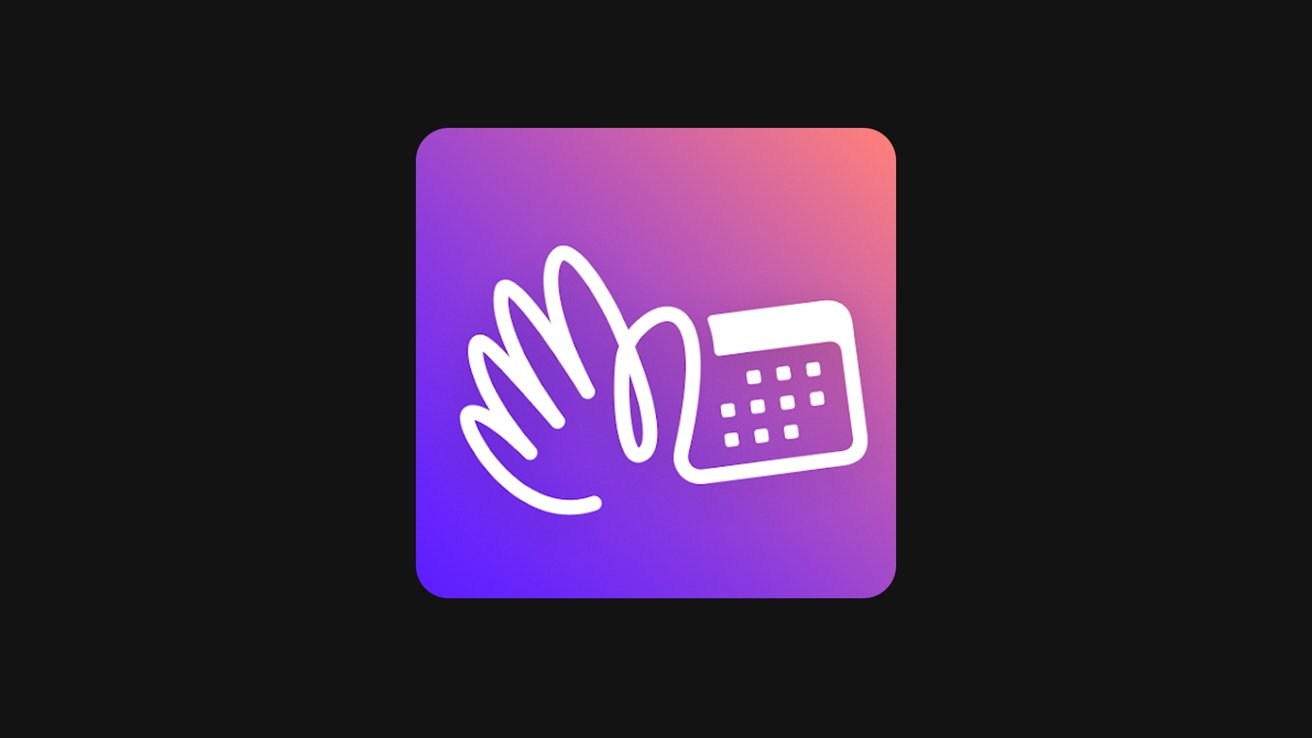Stop us if you've heard this before — Hey Calendar has been rejected from the App Store, despite it clearly being allowed under provisions about apps used to access paid services like Netflix and similar.
It's a familiar saga for the developers of Hey Calendar — one of their apps has been denied a spot on Apple's App Store. If this seems familiar, that's because the same thing had happened to the company's email app, Hey Email.
Hey apps are free, standalone apps that access a paid service. This is similar to how apps like Netflix and Spotify function — the app is essentially a reader app that accesses off-device content.
In fact, that "reader app" concept was the argument that Hey used to get its email app added back to the App Store. And, it had a specific carve-out for that general class of app inserted into the App Store terms and conditions.
But on Friday, Hey and Basecamp co-founder David Heinemeier Hansson took to X to inform his followers that Hey Calendar was being rejected for the same reasons that Hey Email was.
Apple just called to let us know they're rejecting the HEY Calendar app from the App Store (in current form). Same bullying tactics as last time: Push delicate rejections to a call with a first-name-only person who'll softly inform you it's your wallet or your kneecaps.
— DHH (@dhh) January 5, 2024
He says an Apple representative told him that the app doesn't "do anything," and should feature an in-app purchase to enable full functionality. Without it, it would be ineligible for download.
The rejection seems contrary to stated App Store rules. There are explicit rules in the App Store Review Guidelines that state that "free apps acting as a standalone companion to a paid web based tool (eg. VIP Cloud Storage, Email Services, Web Hosting) do not need to use in-app purchase, provide there is no purchasing inside the app or calls to action for purchase outside of the app."
By these metrics, Hey Calendar should be allowed on the App Store.
According to Hey co-founder Jason Fried, Apple said it would prefer it if the company bundled Hey Calendar into Hey Email as a single app. But, as Heinemeier Hansson notes in his X thread, companies like Google and even Apple are allowed to own separate standalone apps without jumping through any hoops.
Yes they do. Jason asked them on the phone: "If we just put all these features in the existing app, is that ok?". Answer: Yes. So Apple thinks separate apps for iCloud is better for users, but doesn't want competing services like HEY to be able to do the same? What? Why?!
— DHH (@dhh) January 5, 2024
The founders of Hey still firmly believe that Apple is overstepping its boundaries by enforcing rules on smaller developers that it does not implement on larger companies. In 2020, Fried made a statement expressing concerns that Apple inserts itself into critical developer dealings with their users, suppressing user choice and creating a rift that can be detrimental to customer service.
